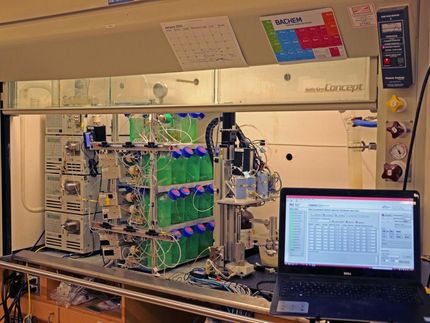Encap agrees colonic drug delivery licensing deal
Advertisement
Encap drug delivery announced that it has entered into a licensing agreement with The School of Pharmacy, University of London for the use of their drug delivery system, PHLORALTM. This unique coating technology is designed to target the release of drugs to the colon and will form part of a range of colonic delivery systems promoted by Encap under the name ENCODETM (Encap Colonic Delivery)
Recently colonic drug delivery has gained increased importance, not just for treatment of local diseases associated with the colon, e.g. Crohn's disease, ulcerative colitis, colorectal cancer and IBS, but also for its potential as a site for the absorption of certain molecules due to the decreased levels of efflux transporters and membrane-bound metabolic enzymes known as cytochromes. Its potential suitability for the oral delivery of peptides and proteins, oligonucleotides and vaccines is also an area of increasing interest.
Existing colonic systems generally involve coating the dosage unit with polymeric materials that will not normally dissolve in the low pH of the stomach or upper intestine but will dissolve in the higher pH of the lower intestine. Coatings that rely on a pH dependant system have the potential to be unreliable due to the large intra and inter patient variability in transit times and luminal pH. The new PHLORALTM technology provides ‘fail-safe’ delivery of drug to the target site by employing two complimentary mechanisms to trigger drug release. As well as a pH dependant coating it also incorporates a component which is broken down specifically by the microbiota in the colonic region.
Encap’s Chief Operating Officer, Dr Stephen Brown said “This deal with The School of Pharmacy is an ideal strategic fit for Encap Drug Delivery as we already have a portfolio of drug delivery technologies available for oral dose forms. The ability to use the PHLORALTM technology combined with the flexibility afforded by our liquid fill hard capsule technology, allows us to now offer clients a system with the confidence that colonic delivery will be achieved.”
















































